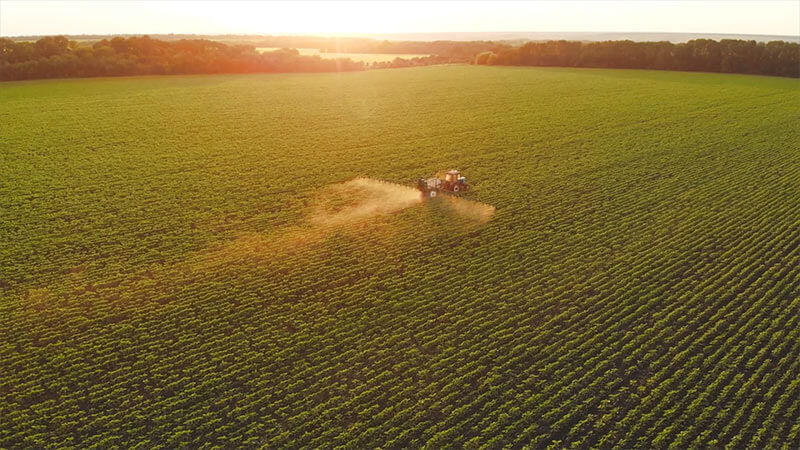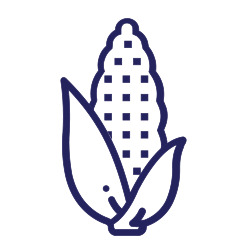Residue Management Practices to optimize corn production
Crop Types
- Corn
Collaborating Locations
AAFC BrandonResidue management has the potential to influence soil temperature and/or moisture conditions at time of planting, and therefore may provide a means to create a set of conditions that are more favourable for early season corn establishment and growth. Further, P availability may also play an important role in early-season corn growth, and may be influenced both by P fertilizer management and the mycorrhizal colonization of corn (which may, in turn, be influenced tillage, growing a mycorrhizal crop prior to corn, etc.).
Limited information is available regarding the effect of preceding residue management practices on corn establishment, yield and quality under Manitoba conditions. The aim of the proposed research is to address this research gap by generating information regarding the effect of three aspects of residue management – choice of previous crop, tillage management (no-till, strip till, conventional till), and straw management within a no-till system (straw removed vs straw chopped and returned) – on corn performance.
Objectives
- Determine the effect of residue management practices applied prior to corn on the establishment, maturity, yield and quality of the corn crop including;
a. Preceding crop choice (soy, canola, wheat)
b. Tillage management (no-till, fall till, fall conventional till)
c. straw management under no-till (chopped and returned vs straw removed with direct seeded corn).




